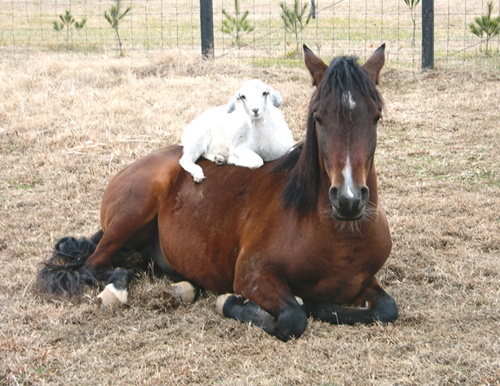Nothing annoys a perfectionist more than the thing that is off; like a crooked picture hanging on the wall or a typo in the menu at a restaurant. Far worse than that are facing one’s own typos! So when a reader pointed out that I had a “chicken coup” instead of a “chicken coop” rise up as early as the prologue, I cringed. Nonetheless, it conjured images of chickens flapping about, hysterically trying to overthrow their keeper and author, feathers flying everywhere. We had a good laugh over it. Another exercise in not taking oneself too, too seriously.
No sooner had I gotten over that one, another two readers (independent of one another) pointed out that in Chapter 7, the line “to get Santi’s goad,” should have actually read “goat” as opposed to “goad”. When I wrote it, I was thinking goad as in “to provoke”, “to annoy” or “to poke at with a cattle prod”. Even though I had always heard the expression, I couldn’t fathom why there would be a goat involved. One of my kind readers took the trouble to look up the origin of this esoteric idiom. It turns out, according to a posting in The Chronicle of the Horse, that goats were kept as companions for racehorses to keep the horse calm. However, if the goat were stolen or misappropriated, both the horse and its owner would get extremely upset. Hence, the origin of the expression and its subsequent use to describe making someone angry.
I stand corrected on that count, and for any other errata that might appear in the hardcover version of House Key. Any errors are mine. Ironically, and in fairness to my editors, I probably introduced them in the process of making corrections to the final version of the manuscript. These will be corrected in the Kindle and any future versions of House Key. For now, we’ll consider the remaining volumes of the first hardcover edition collector’s items.

Leave a Reply